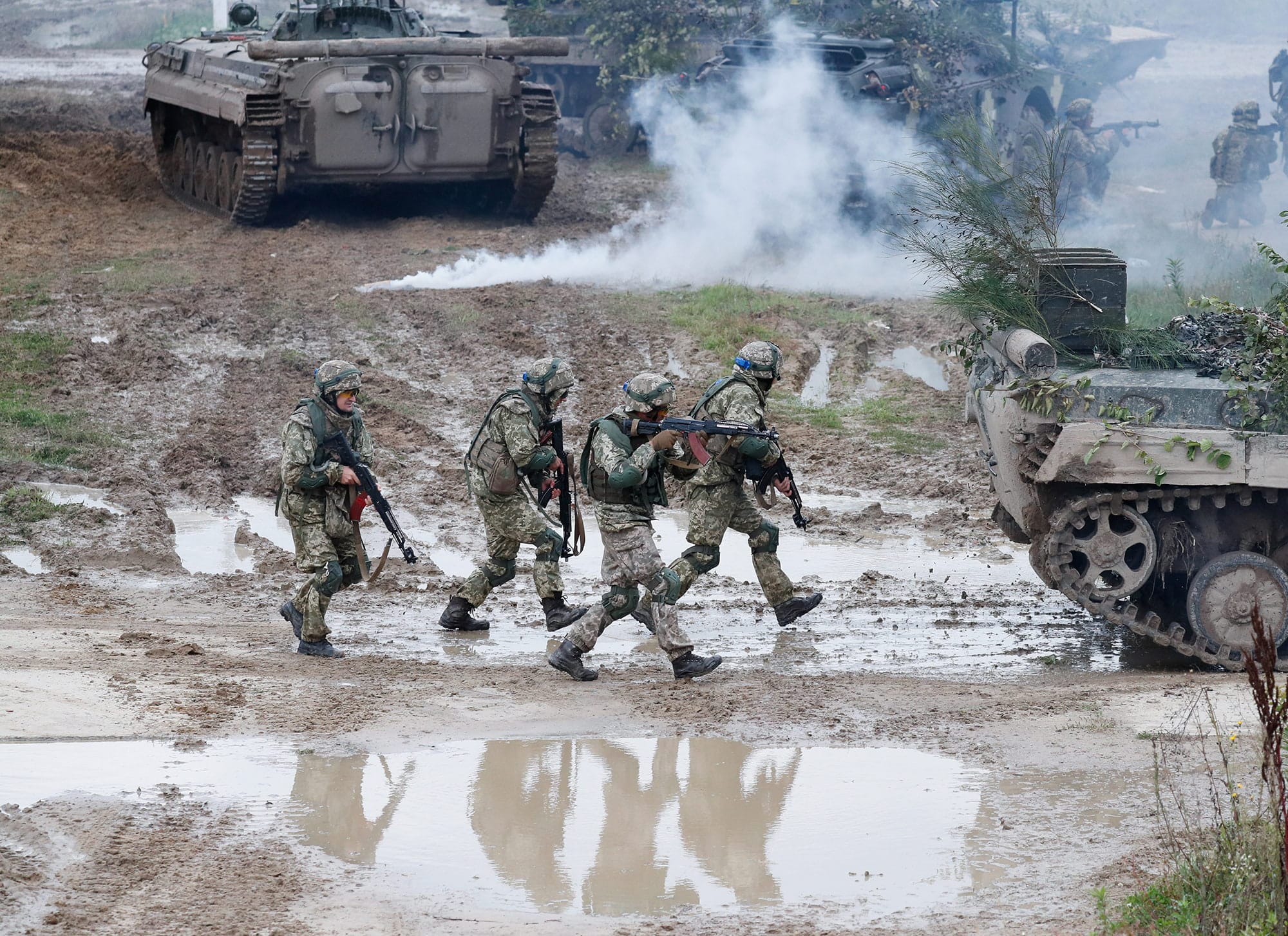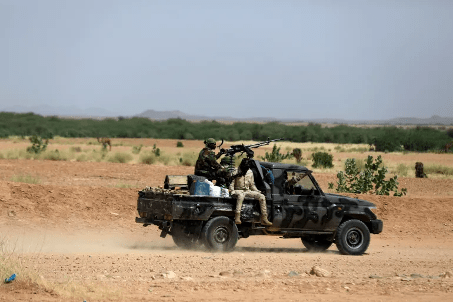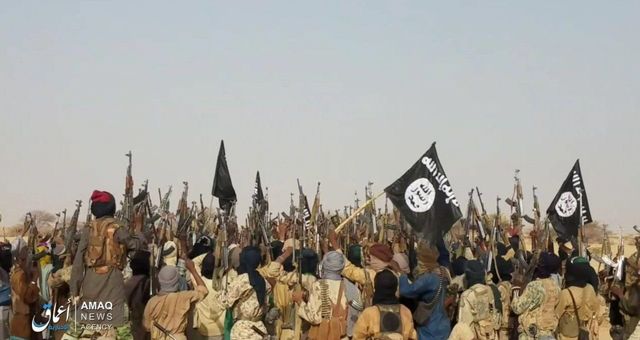Peacekeeping in Ukraine : A Business for the Global South

The recent clash between President Zelensky and President Trump in the Oval Office has prompted hasty reactions which led to the London summit of the so-called “good willing” orchestrated by UK Prime Minister Keir Starmer and French President Emmanuel Macron, gathering 16 EU member states and Canada. Apparently, there is still a long way to the admission of a few realities by the summit participants. Whether Trump was rude or impolite is not really the point. But the American President was right to state that Ukraine does not have the cards to dictate its terms for a ceasefire or a peace agreement with Russia. Moreover, even if some Western sanctions have bitten the Russian economy and even if the Russian army has lost many troops and equipment on the battlefield, time is not on Ukraine’s side.
Indeed, Ukraine has far less human resources and its industrial capacity is far more destroyed than it is case for Russia. Since the US have decided on the 4 March not to support Ukraine militarily anymore and since the participants to the London summit are not in the position to provide an equivalent support, the obvious conclusion is that a ceasefire should be signed as soon as possible.
The London Summit proposed a limited ceasefire – a month-long cessation of hostilities confined to air, sea, and energy infrastructure, with the rationale that there is insufficient capacity to monitor a full ceasefire. But such plan is unrealistic. Why would Russia accept to lose its air domination advantage ? It also fails to take stock of the basic fact that the deployment of troops from NATO countries including France whose leader Macron speaks of Russia as an “existential threat” and supplies missiles which are fired on Russian soil does not qualify for a ceasefire observers mission. Such ambition is as absurd as imagining that Ukraine could accept peacekeepers from Russia’s allies such as North Korea, Belarus or Iran.
Fortunately, more reasonable options have been mentioned. A former French ambassador suggested that soldiers from BRICS states whom Russia would avoid taking as targets could be deployed for such task, perhaps alongside European troops. The leader of the main French opposition party, the far-right leader Marine Le Pen during a parliamentary debate said on the 3 March it was madness to send French troops to Ukraine except under a UN mandate for a peacekeeping mission.
Understandingly Putin and Zelensky object to the deployment of nationals of states which have stoked the fires but the international community can deploy peacekeepers from neutral countries which are far from the battlefield, in Africa, Asia, Latin America and in the Middle East. If EU member states or the US are keen to put an end to this bloodshed, the best they can do is to finance such operation.
François Misser (Journalist)



